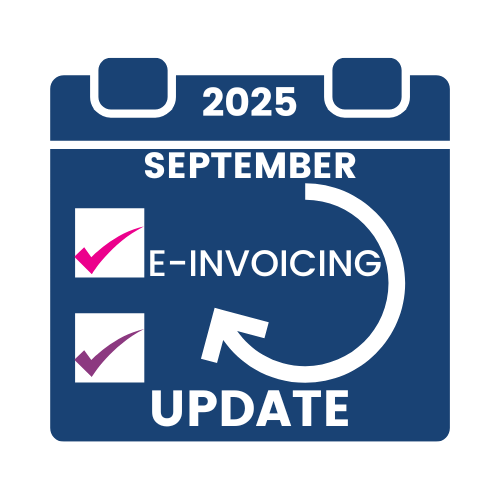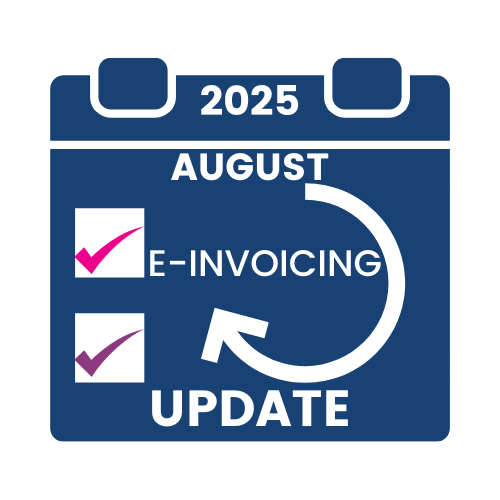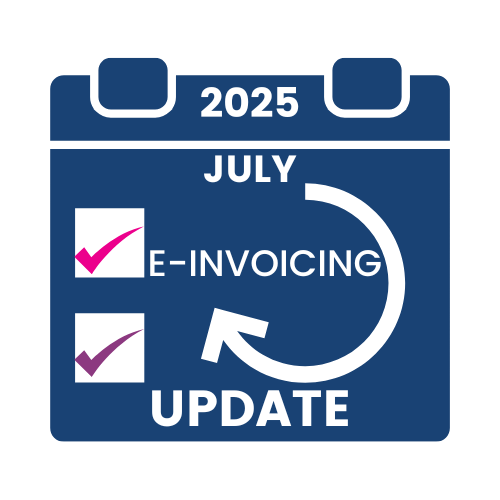Greece
Starting on February 2, 2026 electronic invoicing will be required for business to business transactions, with incentives available for early adoption of the system.
Germany
A new guideline mapping the German VAT requirements (Umsatzsteuergesetz, UStG) to the European e-invoicing standard, EN 16931, has been released to support businesses in implementing compliant e-invoicing systems.
Effective September 1, 2025, the German Federal Ministry of Finance has updated the Tax Code Application Decree to align with the latest GoBD guidance issued in July 2025, addressing bookkeeping and storage requirements for electronic recording systems with cash register functionality.
On September 17, 2025, following consultation with federal states’ tax authorities, the Federal Ministry of Finance (BMF) published a letter addressing the use of foreign languages for certain invoice information. The guidance clarifies that specific mandatory invoice details required under the German VAT Act (Umsatzsteuergesetz, UStG) can be provided in official EU languages instead of German.
South Africa
On August 16, 2025, the National Treasury and the South African Revenue Service (SARS) released the 2025 Draft Tax Administration Laws Amendment Bill (TALAB) for public comment, open until September 12, 2025. The bill provides the legislative foundation for implementing real-time VAT reporting and digital tax administration.
Ghana
Ghana Revenue Authority (GRA) has announced plans to fully implement and enforce the use of fiscal electronic devices (EFDs) in 2026 — a move designed to strengthen tax compliance across the country.
Poland
On August 29, 2025, the Polish Ministry of Finance released the official roadmap for the transition from KSeF 1.0 to KSeF 2.0, outlining key dates across testing, pre-production, and production phases.
The Polish Ministry of Finance published a new draft act on the use of KSeF on September 1, 2025.
Vanuatu
To improve tax compliance and reduce the tax gap, Vanuatu is planning to mandate real-time reporting of VAT invoice data.
Kenya
The Kenya Revenue Authority (KRA) has announced plans to expand its APIs to include the Electronic Tax Invoice Management System (eTIMS) and additional VAT compliance tools, aiming to further streamline tax compliance processes.
France
The French tax authority has opened an electronic invoicing directory to support taxpayers in complying with the upcoming B2B e-invoicing obligations, providing them with a central resource to prepare for future implementations.
Ahead of the upcoming e-invoicing and e-reporting obligations set to commence in September 2026 in France, the government has published further clarifications to assist taxpayers in complying with the mandate.
Finland
Finland’s Tax Administration (Vero) is taking concrete steps toward centralized corporate data reporting based on a “report once” model, aimed to reduce the need for duplicate submissions when interacting with government bodies. In September 2025, Vero plans to invite financial management and invoicing software providers to participate in surveys assessing software provider’s readiness to report data to a future centralized infrastructure.
Pakistan
Pakistan mandates electronic invoicing for corporate taxpayers and importers. The Federal Board of Revenue is rolling out mandatory e-invoicing in phases, with different deadlines for public companies, importers, and businesses based on their annual turnover.
Panama
The Directorate General of Revenue (DGI) has published Resolution 201-6299, making changes to the requirements taxpayers must meet to use Panama’s Free Biller Invoicing System from January 1, 2026.
Belgium
The Belgian government has announced plans to decommission the Hermes e-invoicing solution by December 31, 2025, following the recommendation of the Business Experts Group on e-invoicing.
Serbia
The Law on Amendments to the Law on Value Added Tax (VAT) was adopted and published in the Official Gazette of the Republic of Serbia no. 94/2024 and subsequently entered into force on December 15, 2024.
The Serbian Ministry of Finance has published changes to the electronic invoicing system (SEF) aimed at boosting accuracy and regulatory compliance in e-invoicing.
Thailand
Thailand has published a Royal Decree extending the temporary reduction of Value Added Tax rates until September 202
Malaysia
The Inland Revenue Board of Malaysia has expanded the list of activities for which consolidated e-invoices are not permitted, now including electricity and telecommunication services. These must be invoiced per transaction.
China
China has announced that paper reimbursement vouchers for national railway passenger transport will be completely phased out in favour of electronic invoices starting October 1, 2025
Angola
Angola’s Executive Decree 683/25 establishes the technical foundation for electronic invoicing. Implementation begins September 21, 2025, for large taxpayers and State suppliers, extending to all taxpayers in scope by September 21, 2026.
Bolivia
The Bolivian National Tax Service (SIN) has extended the deadline for taxpayers in groups 9, 10, 11, and 12.





